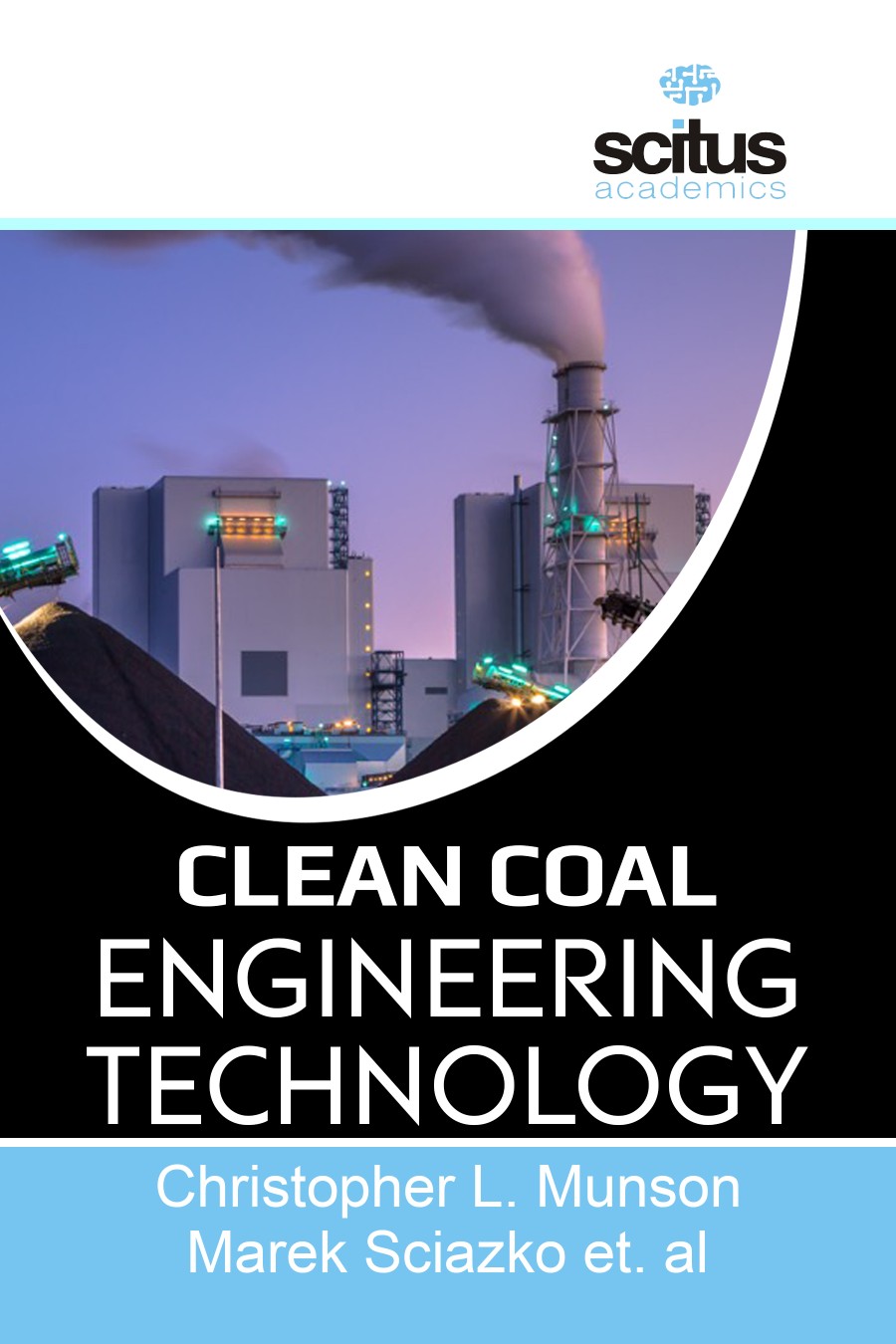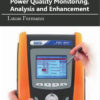Coal is the least clean fossil fuel with respect to both local and global environment issues. Coal has played a huge role in a nation’s development and continues to be important in the success of the Chinese economy. Similar to the way fossil fuels powered the industrial Revolution, coal has fueled recent development due to its vast reserves. The environmental impacts include those of the mining industry and coal transportation – on the landscape, rivers, water tables and other environmental media. This book, however, focuses on the impact of coal combustion on air quality and greenhouse gas concentrations.
Clean Coal Engineering Technology This section describes on-going collaborative efforts on clean coal technologies, including research, development and demonstration and information exchange, policy collaboration and the role of professional associations. It also addresses many coal-related subjects of interest ranging from the chemistry of coal and the future engineering anatomy of a coal fired plant to the cutting edge clean coal technologies being researched and utilized today. This book describes a new generation of energy processes that sharply reduce air emissions and other pollutants from coal-burning power plants. The book also provides significant information on the major power generation technologies that aim to utilize coal more efficiently, and with less environmental impact. Increased coal combustion concerns about coal’s impacts on human health and climate change, so the book covers the reduction of both carbon footprints and emissions of pollutants, such as particulate matter, nitrogen oxides, and mercury.
This book will serve as valued guide for Power Engineers, Electrical Engineers, Energy Engineers, Energy Economist, Environmental Engineers, Mechanical Engineers, and Industrial Engineers, as well as for researchers and practitioners.













